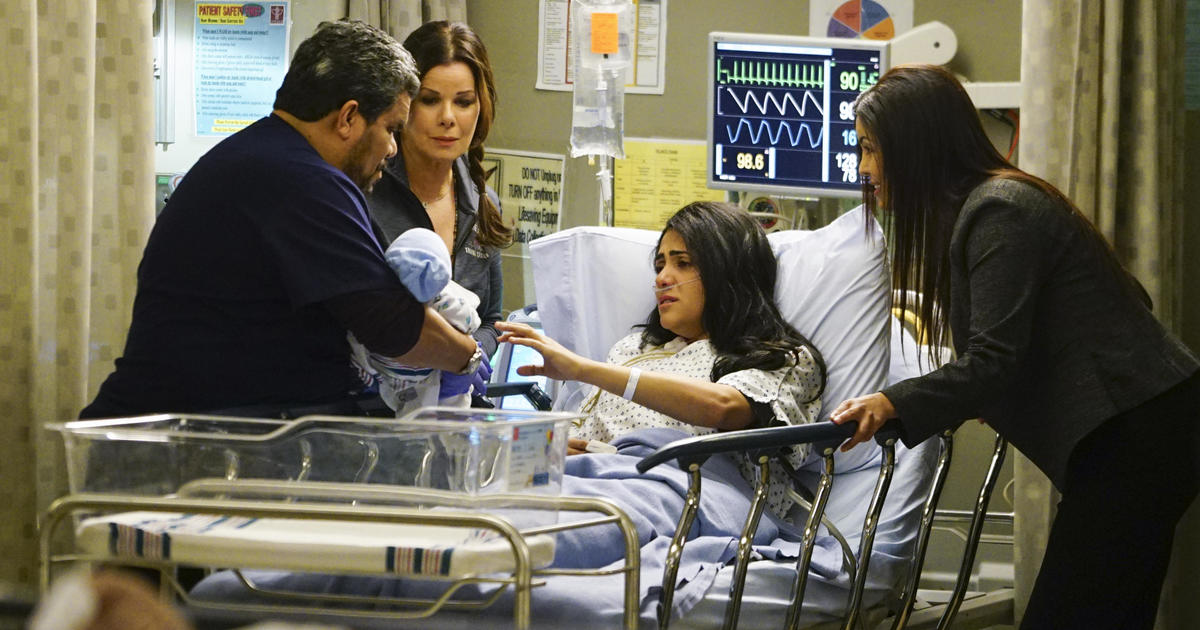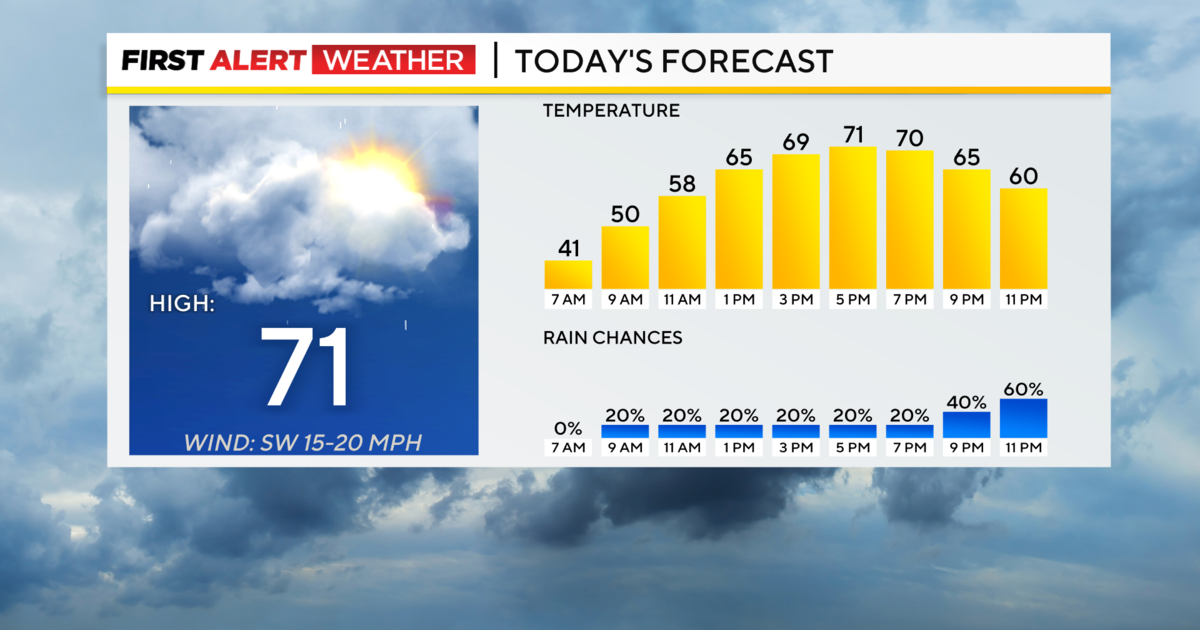First U.S. Patient To Get New ALS Drug Passes Away, Still Fighting To Help Others
Follow KDKA-TV: Facebook | Twitter
PITTSBURGH (KDKA) - When a local man became the first person to get a new drug to treat ALS, he became the symbol of hope for everyone with the disease.
Sadly, the treatment ended up not working for him. However, even in death, he's still fighting to help others just like him.
Rene Fogarty made medical history as the first person in North America to receive Radicava, the first new drug in two decades for ALS, or Lou Gehrig's disease.
He died last month at the age of 53.
"We thought the end is coming, because he was having trouble to breathe, but never thought so fast," Linda Fogarty said.
"Usually, it's the respiratory function that fails," Dr. Sandeep Rana, of Allegheny Health Network Neurology, said.
Rene worked until the end, sitting at his computer. But eventually, he had trouble.
"Two weeks before he passed, he said to me, 'You know, I'm not going to work today. I don't feel well.' And he was losing his breathing," Linda said. "I told his boss, that if he stops working, that's when he's going to go. And I was right. Two weeks later."
To help with communication, Rene used a device controlled by eye movements. Linda says he still made jokes that way, even when his muscles were too weak for speaking.
"Never, never lost his sense of humor," she said.
At a celebration of Rene's life, his family, coworkers, bosses, neighbors, and friends gathered for his favorites -- hot dogs, tres leches, ham and cheese sandwiches, and a toast.
"And everybody actually, took a little sip of scotch, just in your name, Rene," Linda said.
Rene donated his organs, and his brain.
"People will be able to walk and see because of him. And hopefully this brain donation gets them closer to a cure," Linda said.
While Linda admires Rene's altruism, she's not so sure about the new drug.
"The average is two to five years. He left us in a year and a half," she said.
The drug is covered by insurance, but the home visits and the medical supplies are a costly out of pocket expense.
"Initial four to six months, I felt the medication was helping. It was stabilizing him. But thereafter, he did progress," Dr. Rana said.
Rene decided to stop the treatments at his final doctor visit. Two weeks later, he died.
"He was struggling, but I still felt he had few more months," Dr. Rana said. "The end came suddenly. We were all saddened and taken aback."
"It's a horrible disease. And you never know who's going to get it," Linda said. "He said, 'Always remember my life. Not my death.'"



